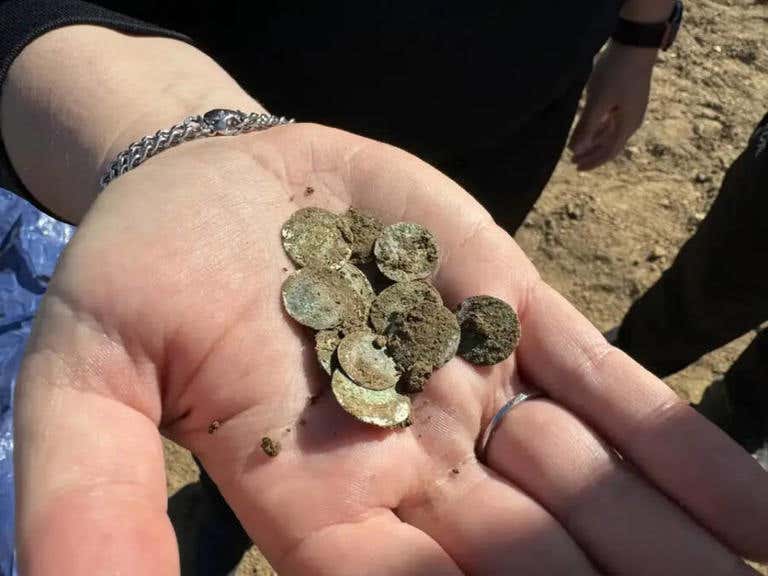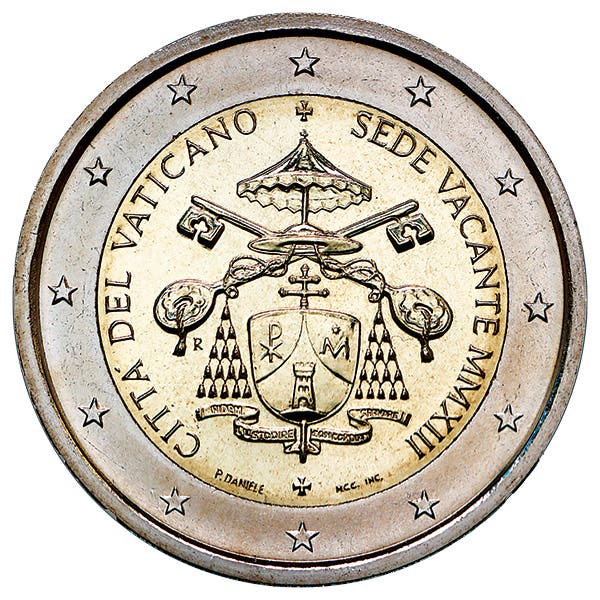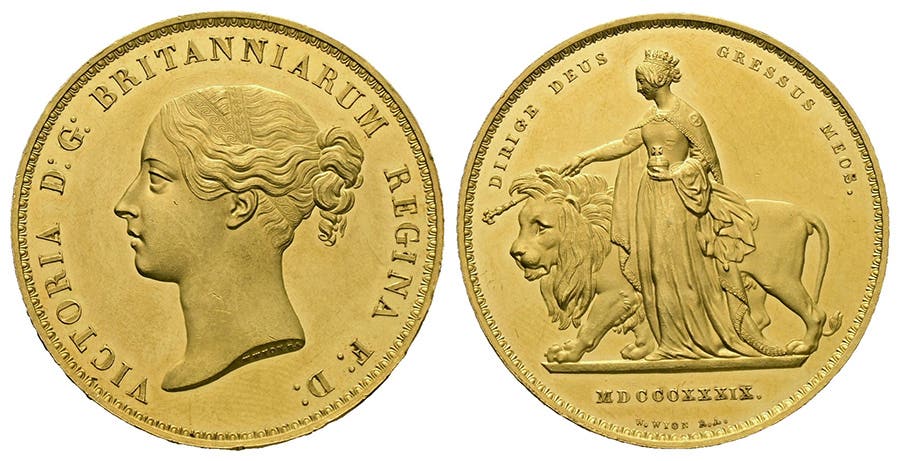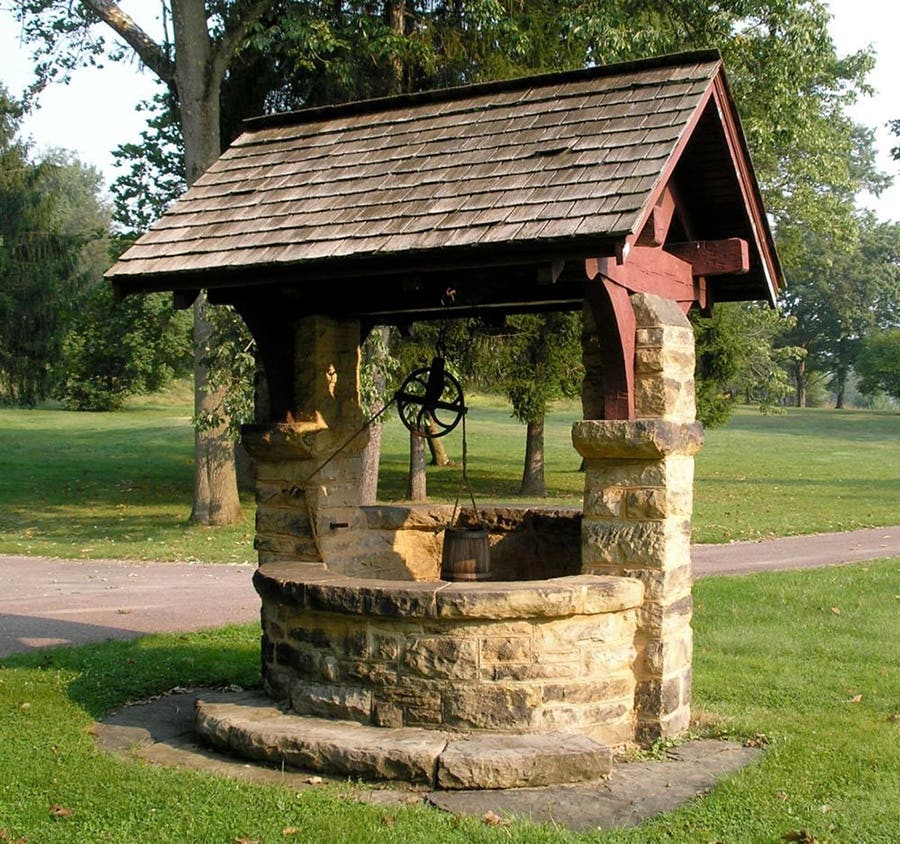Privately Sold Hoard Coins a Problem
The lesson to be learned from any involvement with a coin hoard discovery is to be cautious about such finds regardless of how good they may appear to be or how realistic the story about the find may sound.
Tourists traveling through such countries as Egypt occasionally by chance arrive at the right time to find local people excavating what appears to be a site of treasure. While these tourists watch the excavators may discover some coins, which they immediately offer to the tourists rather than turn the find over to proper authorities. The tourists oblige them, only much later finding what they purchased were counterfeit coins.
What happened in this instance is that the so-called tomb looters were at the dig site ruins the night before. They salted the site with their counterfeit coins, knowing their neighborly tour guide would bring tourists to the site the following day.
The lesson to be learned from any involvement with a coin hoard discovery is to be cautious about such finds regardless of how good they may appear to be or how realistic the story about the find may sound. In June, police arrested two individuals in the area in Eachalampattai, Trincomalee, Sri Lanka who were found to be carrying what turned out to be a hoard of fake gold coins.
The pair claimed the counterfeits were sourced from a buried treasure and that the coins had been purchased for 400,000 rupees (about $1,250 U.S.). Suspects who were selling the fake gold coins had contacted the two individuals through Facebook and arranged for them to arrive at Hatares Kotuwa to purchase the fakes, which they had claimed were retrieved from an alleged buried treasure dig site.
The two “youths” as they were described by police, were returning after transacting for the fake gold coins when they had been stopped by law enforcement at a police checkpoint in Agbopura. The counterfeit gold coins were found in their possession.
The two youths claimed the transaction was carried out with a group of individuals in the Habarana area after being contacted through the internet, according to the police reporter. Police reported the gold coins were actually ordinary buttons painted in gold color to appear to be ancient gold coins. So much for a bargain in this instance.
You may also like: Coin Counterfeiting Making Headlines
In late July it was announced by police in Cornwall, Wales, that while a hoard had been properly turned over to authorities as is required under British law, someone had altered the contents of that find, the find being dubbed the Lanivet Hoard.
The find of 56 ancient Roman coins was discovered between October 2017 and January 2020 by the treasure hunting group Mid Cornwall History Hunters. Normally under the Treasure Act of 1996 the hoard would have been classified as treasure. In this case, however, the find is considered to be the property of the Duchy of Cornwall. The duchy had disclaimed the hoard, which was then acquired by the Royal Institution of Cornwall.
The Lanivet Hoard find was reported to Anna Tyacke of the RIC as required by law. On July 17 an inquest was held at a court in Truro, Cornwall where it was learned three of the coins from the find were missing but had not been reported as possible treasure. In a strange twist the three coins were substituted for similar Roman silver coins of the same period.
According to Tyacke, “The substitute coins looked similar to those found but are actually in a better condition and are more valuable than those they were swapped in for. The substitution does not make sense.”
Tyacke added, “The police…interviewed some of the people involved. But as it was someone’s word against another it was difficult to lead to a conclusion as no further evidence was found. It’s all quite suspect, but we couldn’t take it any further.”
The switch was discovered when photographs taken of the hoard at the time of its discovery failed to match pictures of the same coins sent to the British Museum for historical analysis.
The lesson to be learned? No matter if the coins were allegedly discovered while you watch, sold clandestinely to you with a great story that can’t be proved, or if the coins have been switched out from a hoard, don’t get involved.








